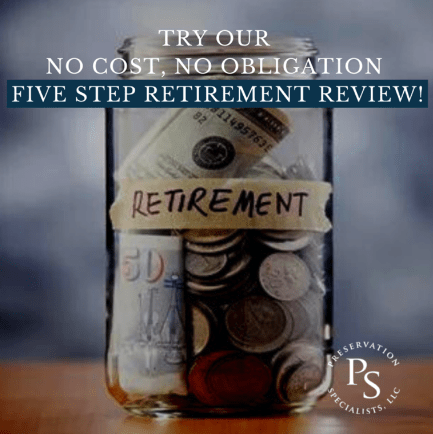F+: Most Americans Fail to Make the Financial Grade

April is Financial Literacy Month, making it the perfect time to examine our financial knowledge base, starting with the basic question: What does it mean to be financially literate? It’s having the skills and behaviors to make informed money decisions. Being financially literate means you are able to competently earn, spend, invest, save, budget and borrow money.1
Sounds simple enough, right? Yet only 57% of American adults are considered financially literate, down 19% from a decade ago. Furthermore, this decrease in literacy comes with a hefty price tag, with 15% of adults losing over $10,000 a year due to poor financial decisions.1 For many, this is a devastating amount of money.
MISEDUCATION
Given that financial institutions spend roughly $671 million on financial education for the public, how is it that so many lack financial literacy? Research suggests the fault lies in the education itself, namely that it’s not actually meeting people’s needs — or helping change their habits.2
Current financial education is currently lacking in three main areas:
- Context: Education is not given at the moment decisions are being made.
- Behavioral: Emphasis is placed on increasing knowledge about financial products rather than helping people develop healthy financial habits.
- Measurable: Current education doesn’t focus enough on the end result of making better financial decisions.2
Essentially, traditional financial education tells us about the products and services that are available but not how to establish healthy habits or change behaviors for the better. Remember, low financial literacy literally costs people up to thousands of dollars per year! It is likely also contributing to the nearly 125 million (63%) Americans living paycheck to paycheck.1 Knowledge plus the action steps to put it to use truly is power — and money.
RE-EDUCATION
Have you heard the phrase “show, don’t tell”? It’s something writers often hear when crafting stories, but it also applies to financial literacy by reframing education as an act of doing rather than simply telling.2
For example, did you know there are a variety of mobile apps designed to help you automatically save money, pay your bills on time, manage your online subscriptions and generally help build up your credit score? It’s the financial equivalent of “show (or rather “do”) don’t tell.” These apps don’t just tell you what you need to do; they actually help you do it. Instead of telling you to start an emergency fund, they help you make it an automatic part of your daily life.
Another good way to get a handle on your habits? Financial therapy. It’s a real thing that can help people change how they think, feel and behave regarding their money. We know bad money habits can have adverse effects on people’s mental health (often leading to worse habits). A truly holistic financial management strategy should address both
MONEY MASTERY
Achieving greater financial literacy doesn’t have to be overwhelming, and you don’t have to do it alone. From financial professionals to therapists to automated apps, there are a variety of options to take advantage of. By failing to do so, you could be leaving money on the table instead of preserving your financial future.
SOURCES
1 Jack Flynn. Zippia. Aug. 16, 2023. “20+ Compelling Financial Literacy Statistics [2023].” https:// www.zippia.com/advice/financial-literacy-statistics/. Accessed Nov. 28, 2023.
2 Ron Shevlin. Forbes. April 3, 2023. “It’s Financial Literacy Month So Stop Wasting Time And Money On Financial Literacy Programs.” https://www.forbes.com/sites/ronshevlin/2023/04/03/ financial-literacy-month-how-to-improve-americans-financial-health/?sh=43e8080d7c45. Accessed Nov. 28, 2023.

Learn more about your current financial status and how you can achieve your retirement goals with our ‘No Obligation, No Cost’ Five Step Retirement Review.
Our financial planners have wide knowledge in South Carolina Retirement System as well as experience in retirement planning. sc tax rebate, etc. Contact us today!
Ready to Take The Next Step?
For more information about any of the products and services listed here, schedule a meeting today or register to attend a seminar.